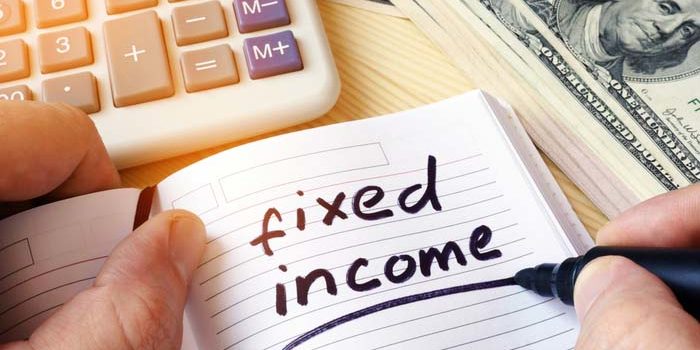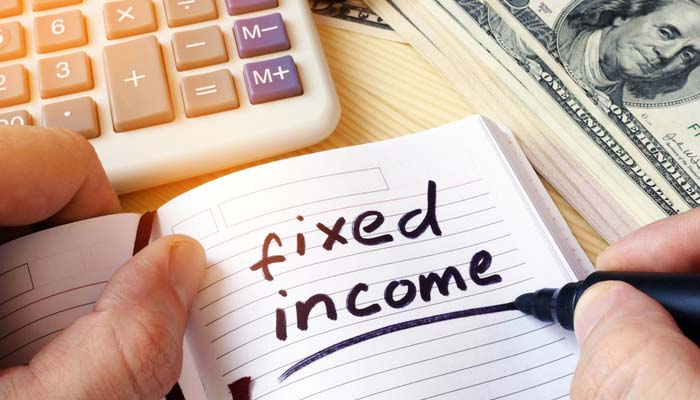


This is it: the years you’ve been preparing and saving for your entire life. You’re retired, you’ve got Social Security, your retirement fund, and maybe a pension. You’re on a fixed income, as you’ve been preparing for since you entered the work force. And it’s really scary, isn’t it? This is the part that people don’t often talk about. You’re retired, your money is fixed, and you don’t think you’re as prepared as you wanted to be. Now what? How do you live your best life on a fixed income?
How to Live Your Best Life on a Fixed Income
Make a Budget
One of the first thing you want to do when you retire and begin living on a fixed income is make a budget for yourself. There’s no way you’re going to be able to just wing it. If you’re looking to live a comfortable life and not run out of money, a budget is going to be necessary.
Before you even get your money, you need to have a job set aside for each and every dollar. You need to set back what goes to bills, what goes to food, what goes to gas for your vehicle or money for your insurance. If you simply try to play it by ear with your funds, odds are good that those funds will rather rapidly deplete as you spend without thinking.
If you instead make a detailed budget that includes all of your expenses, you’ll have a detailed document to show yourself how you’re going to spend the money you get each month. This allows you to not only keep track of where your money goes but make adjustments as needed when you see how much you have left over after bills. You’re going to want spending money, of course, whether that’s to spend on yourself, your spouse or your grandkids.
Prioritize Your Health
If you want to seriously make your money last and keep your quality of life high, focus on your health. Walk every day if you can, eat fresh food, cut junk food out of your diet. A low-fat, nutritious diet will go a long way in saving you tons and tons of money in long-term care. Statistics show that heart disease is one of the most common (and expensive) types of chronic disease that people over 60 struggle with. You don’t want to burn up your entire nest egg just trying to stay at a neutral level of health!
Schedule Your Shopping Trip
Try to schedule your shopping as best you can. Try to stick to one designated shopping trip for week. This way you’re not as likely to make impulse purchases. When you make random trips to the store just because, your odds of making impulse purchases goes up dramatically. These impulse purchases are a bad idea: your income will remain fixed even as you make purchases on a whim. Each impulse buy you make simply reduces that much more money from your set funds.
Try to Pay Annually
When it comes to insurance, the best way to save money is to pay for your coverage annually. This goes for car insurance, health insurance and most other types of insurance. If you pay your plan in full for the year, you’ll find it much less expensive than paying month-to-month. When you’re operating on a fixed budget, this could free up a not-inconsiderable amount of money throughout the year for you! Dodging administration fees is a great way to make your money go longer.
Buddy System
If you’re single, consider buddying up on expenses with a friend. There are a few things you can save on when you have a buddy system in place. For instance, when you go to buy groceries, buying in bulk is often less expensive. If you split half of a larger pack of something with a friend, you’ll save a ton of money. Not to mention, less things will go bad when you’re splitting them with a friend!
Likewise, you could buddy up on travel to save. If your plans for retirement include travel, consider traveling with a friend to save. When you go together, you can get a room together, get discounted rated on tickets and more. Not to mention, isn’t it more fun to go on trips with a friend than going by yourself? This way you not only save on your room and travel, you can also make great memories with a friend and enjoy your time on vacation that much more!










